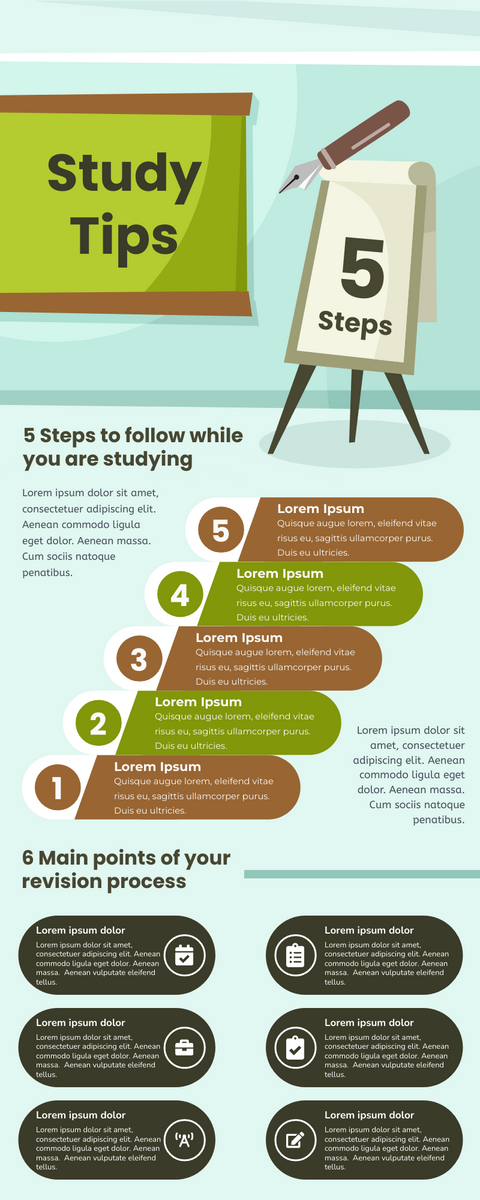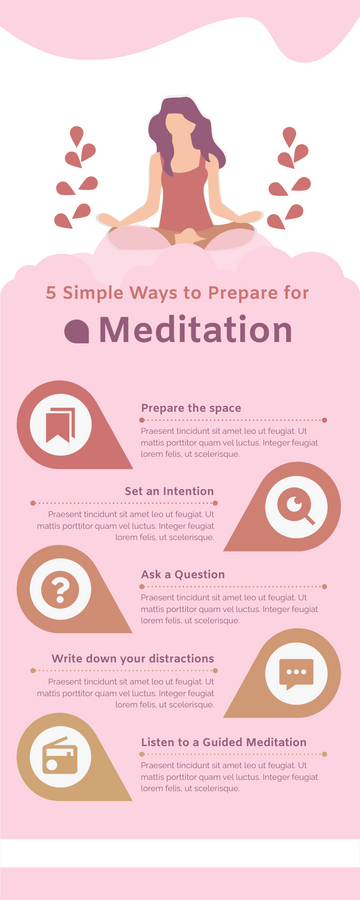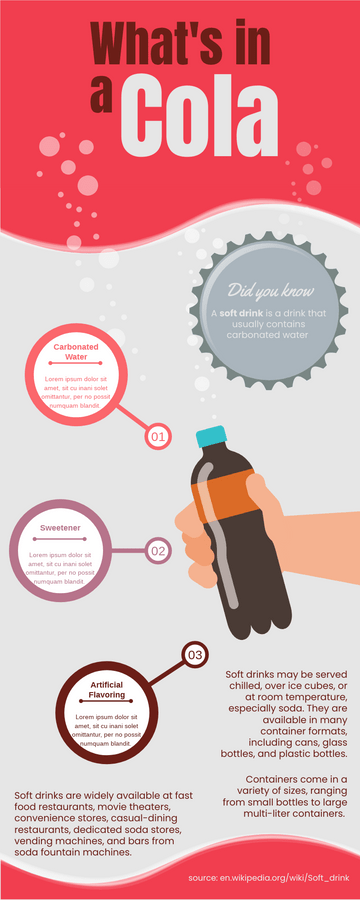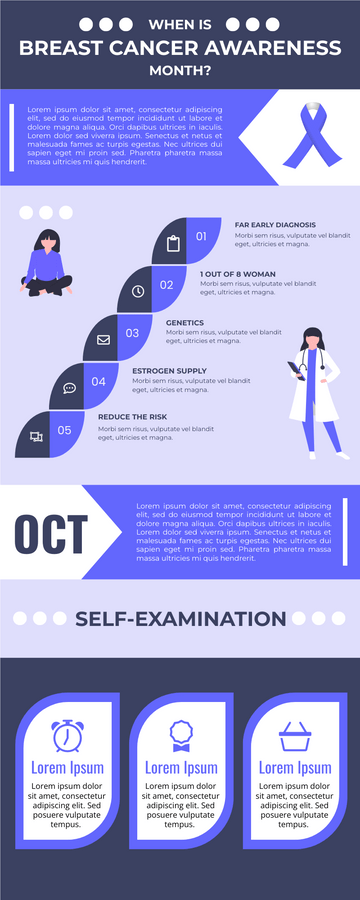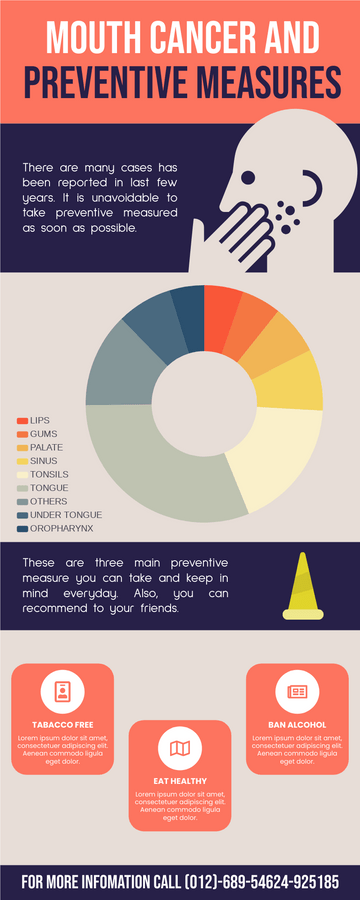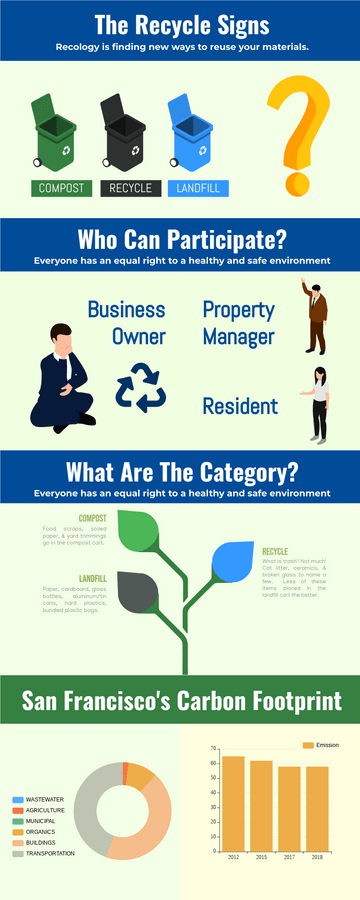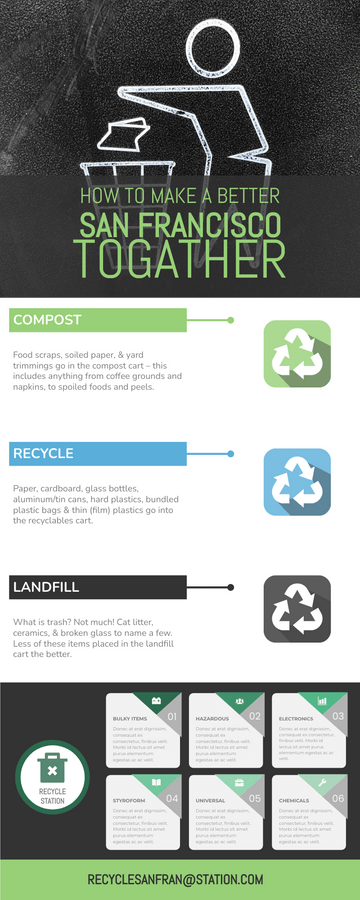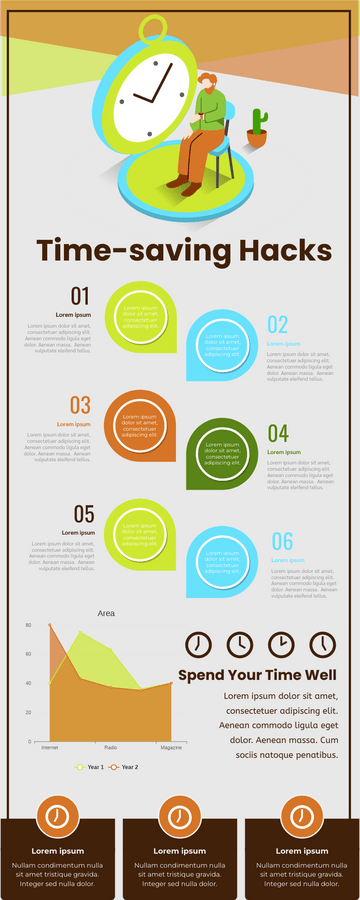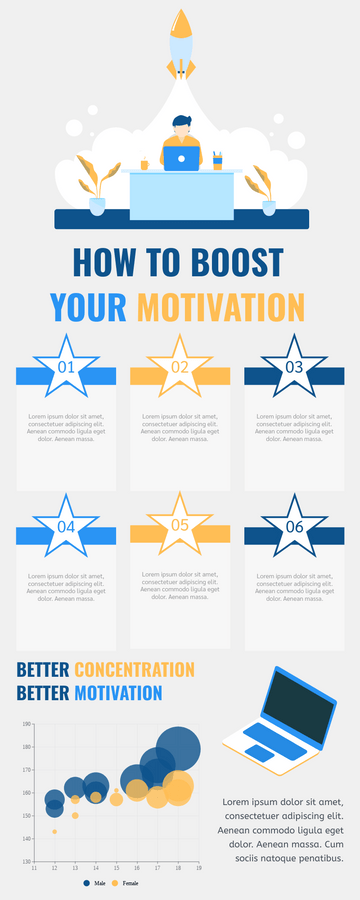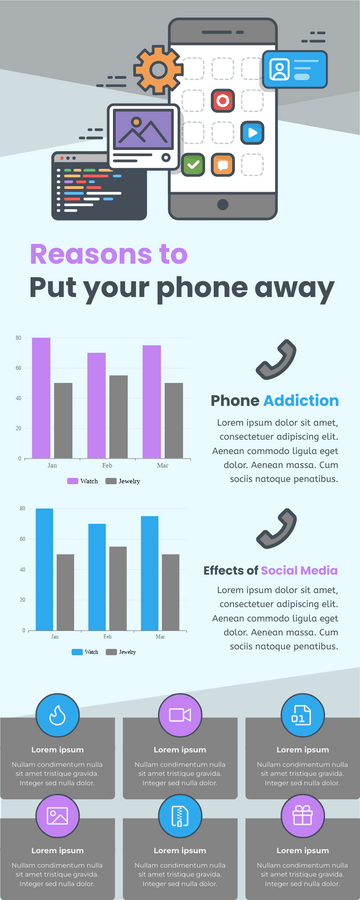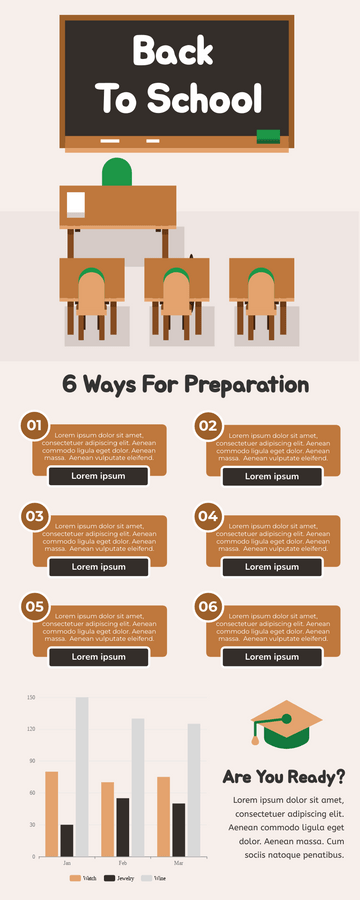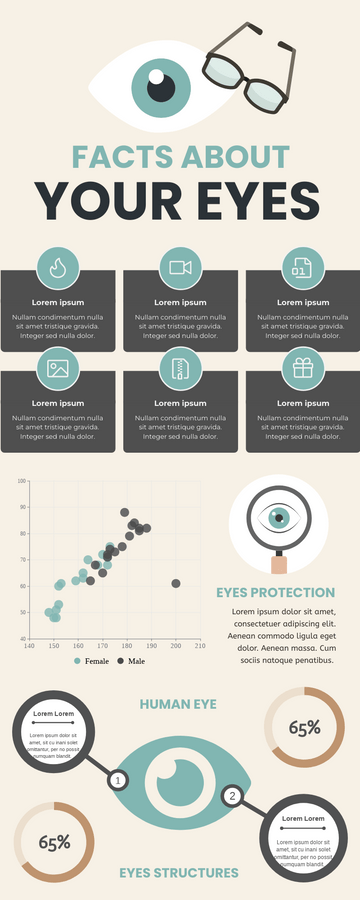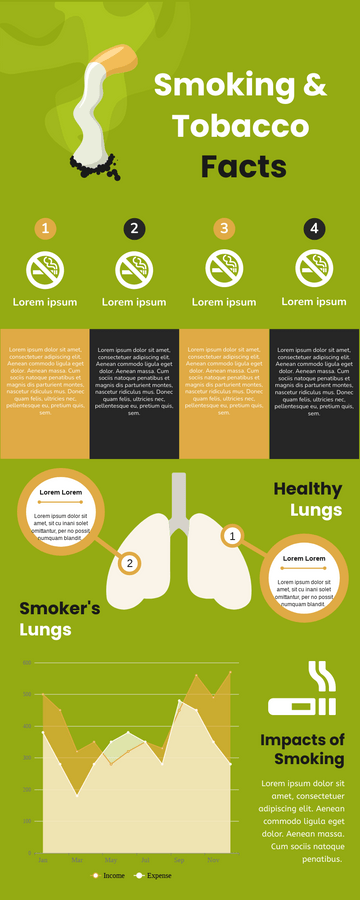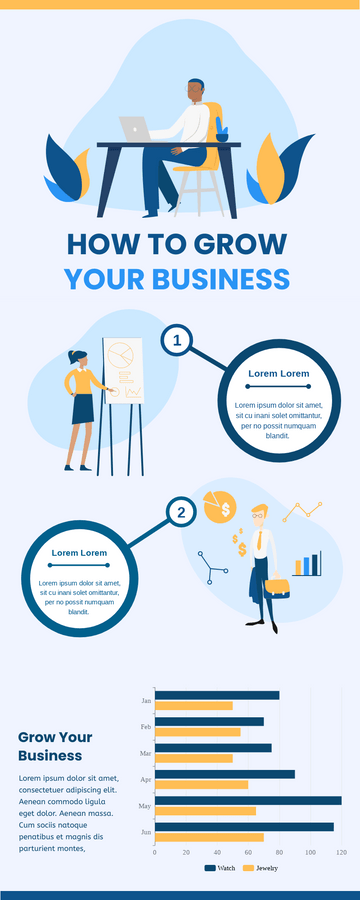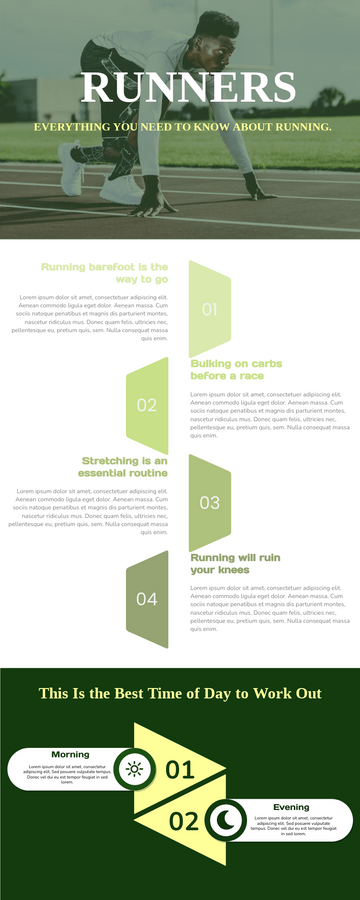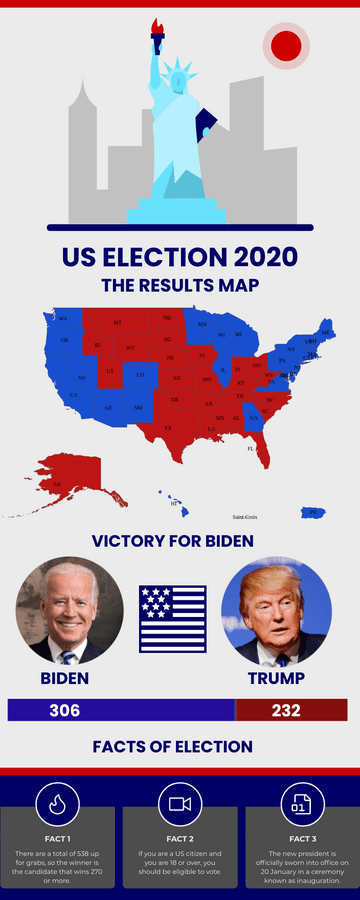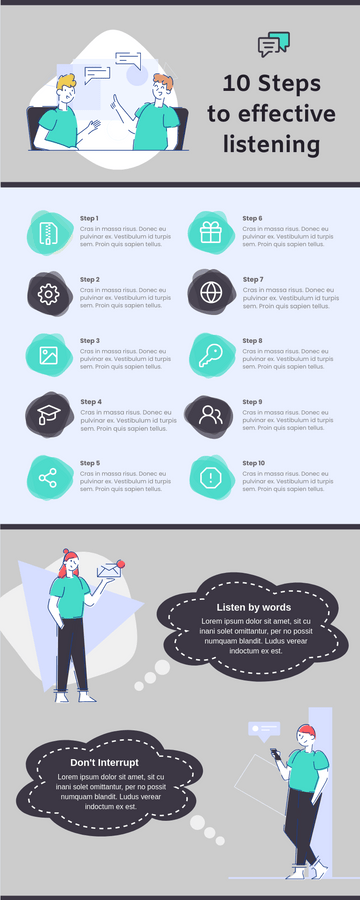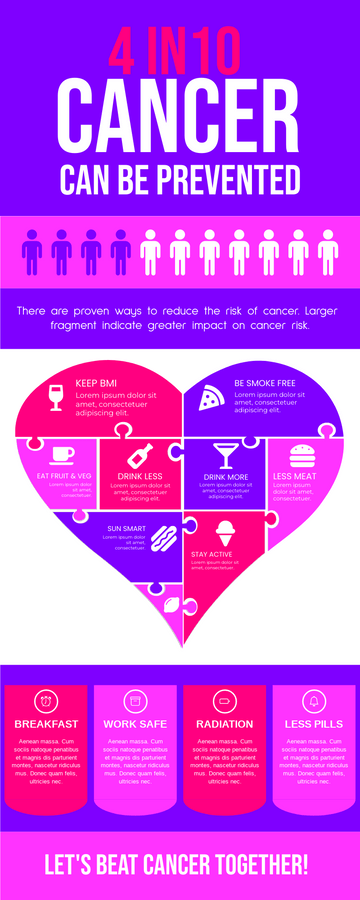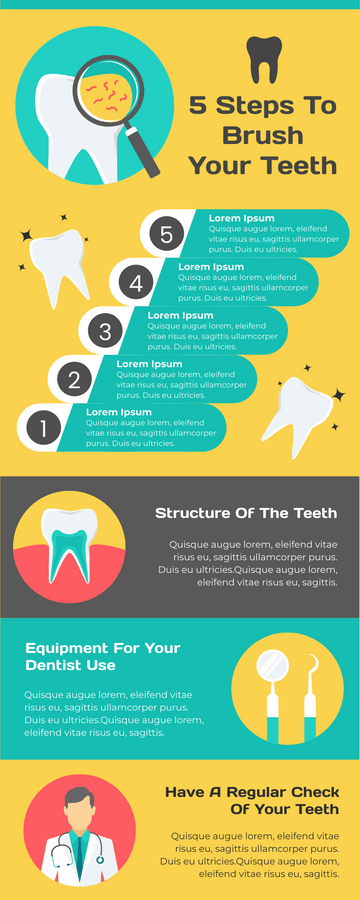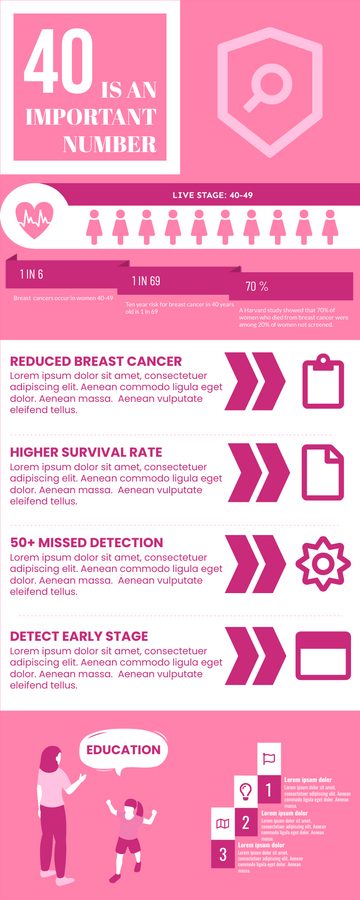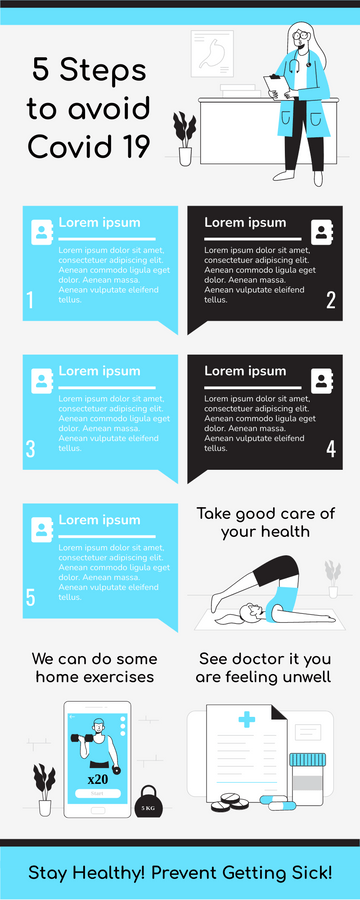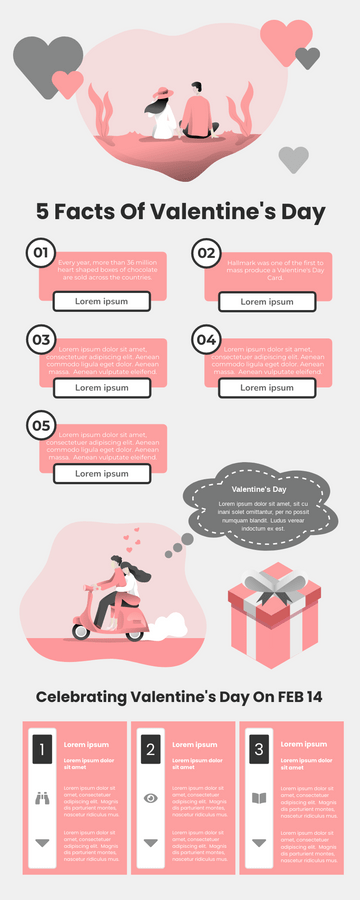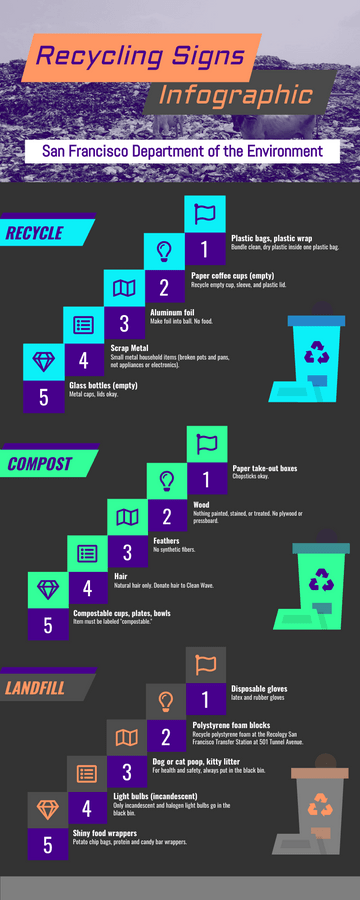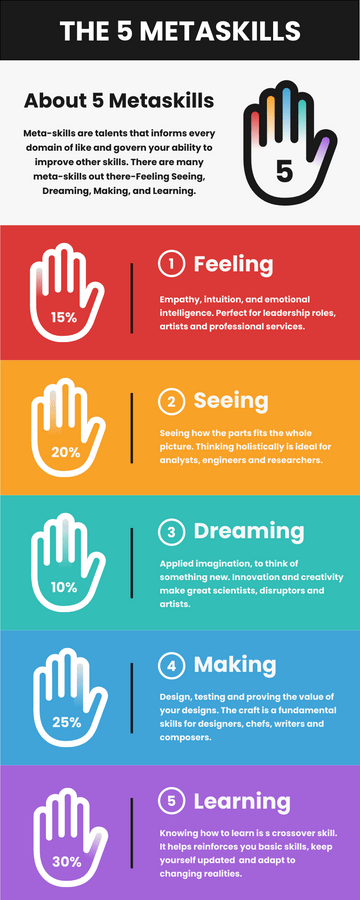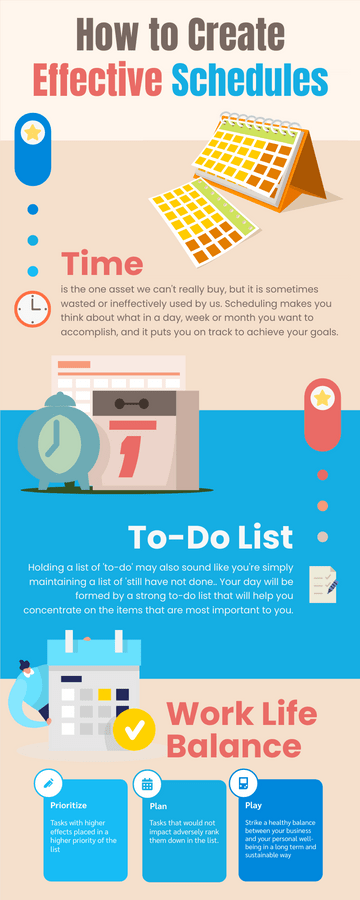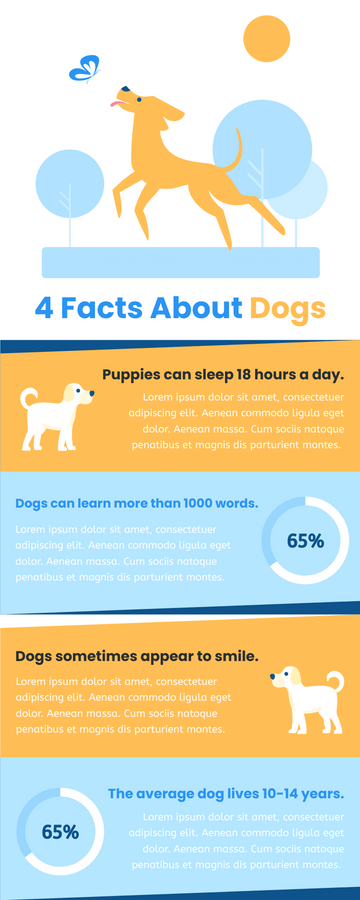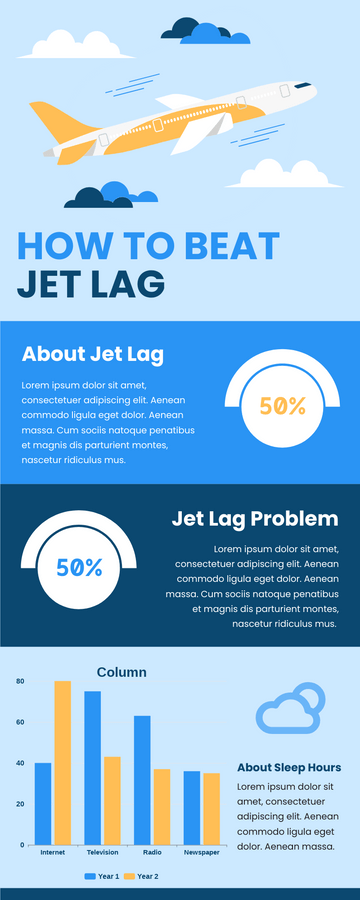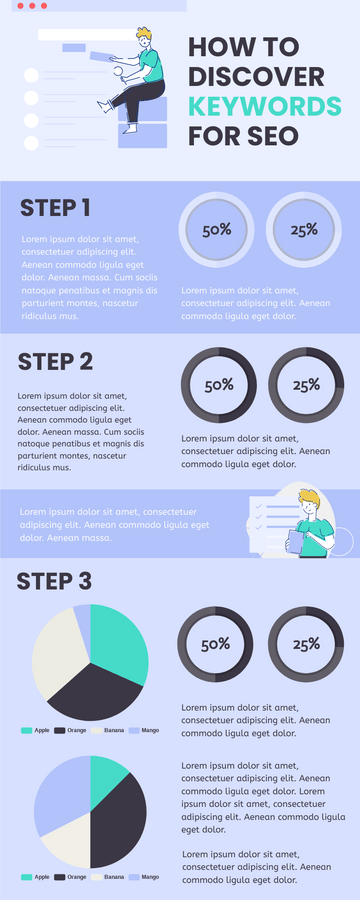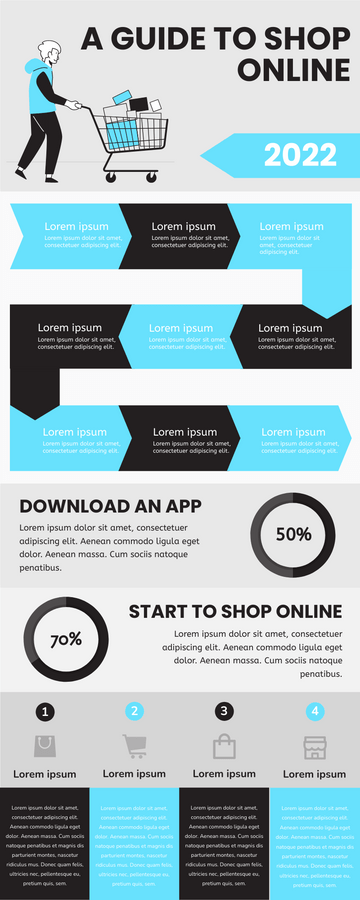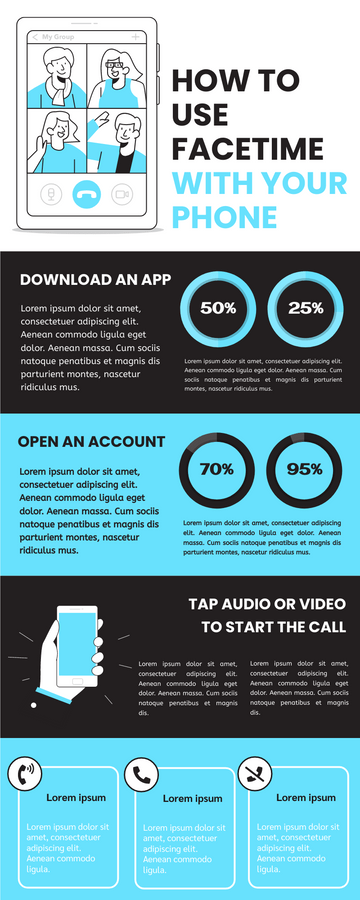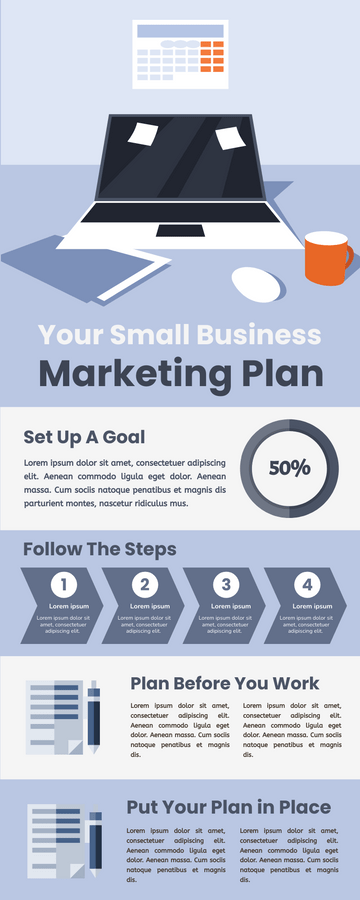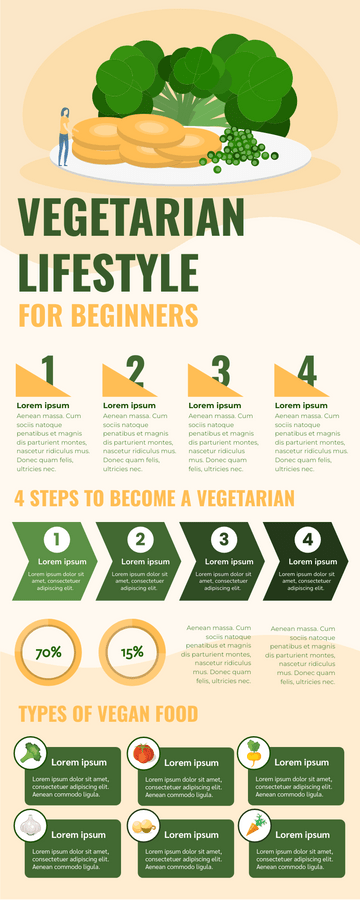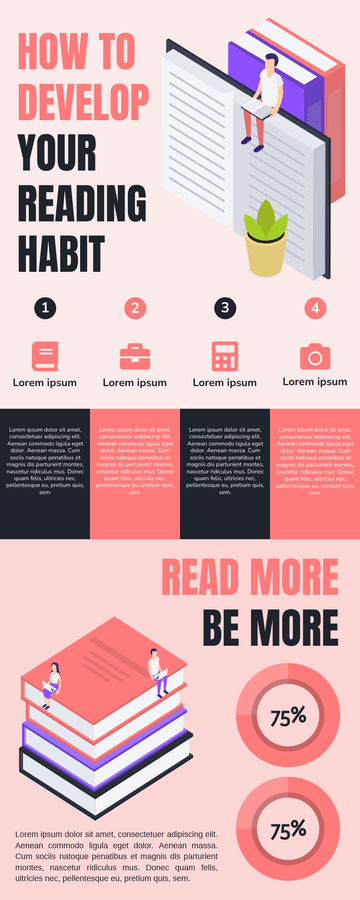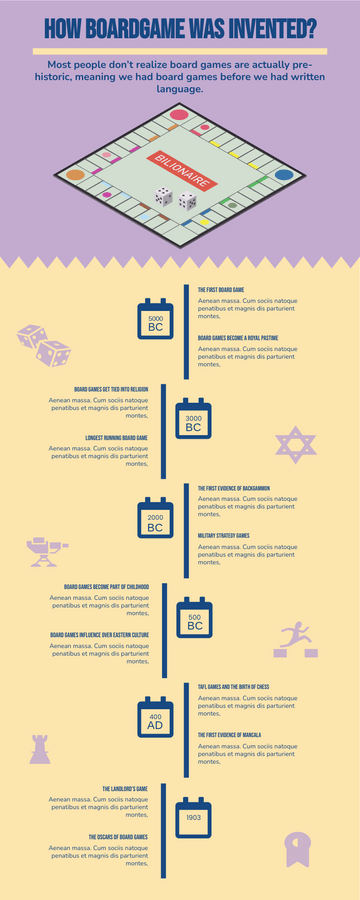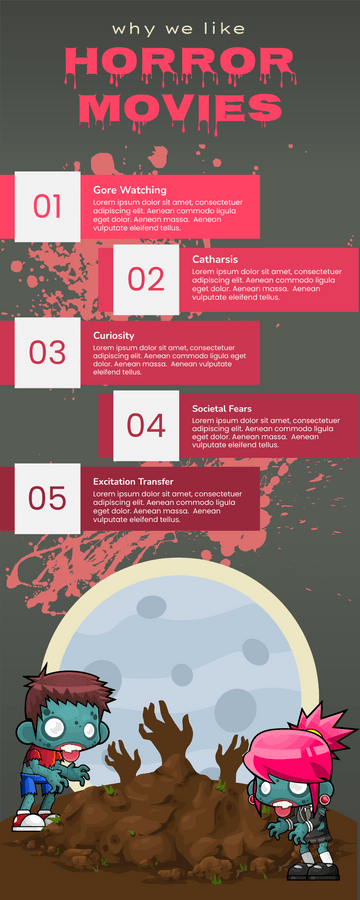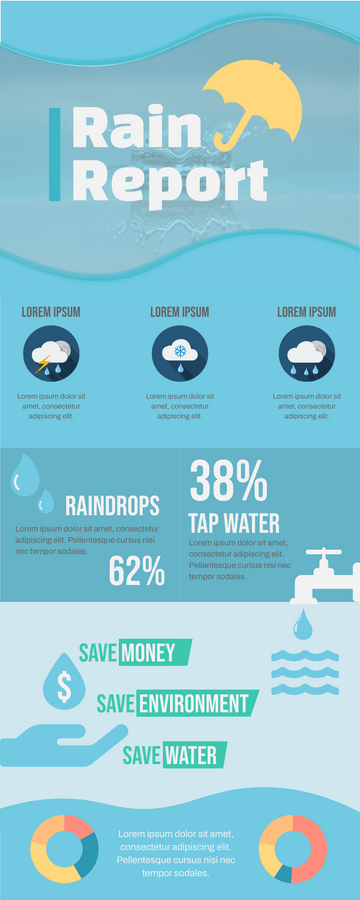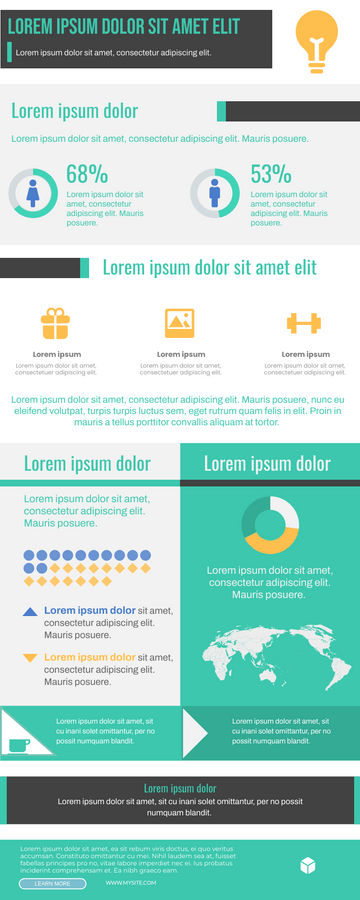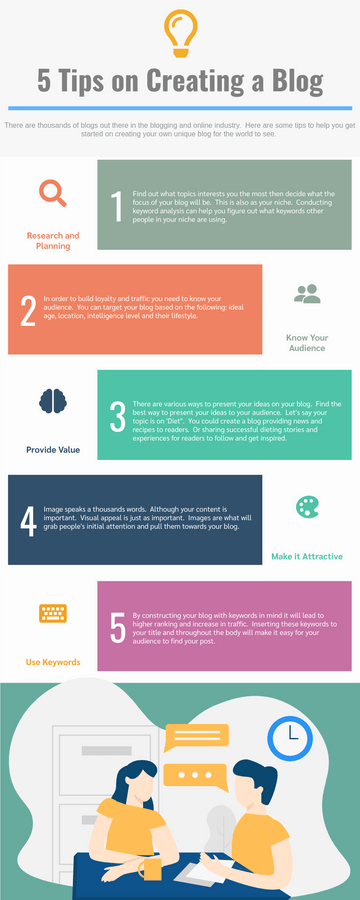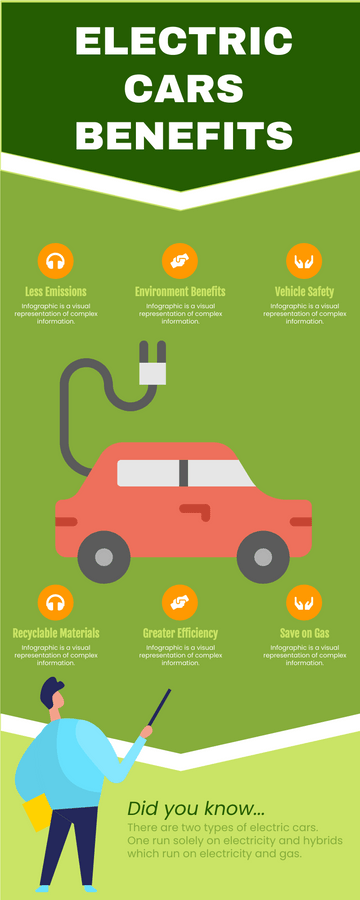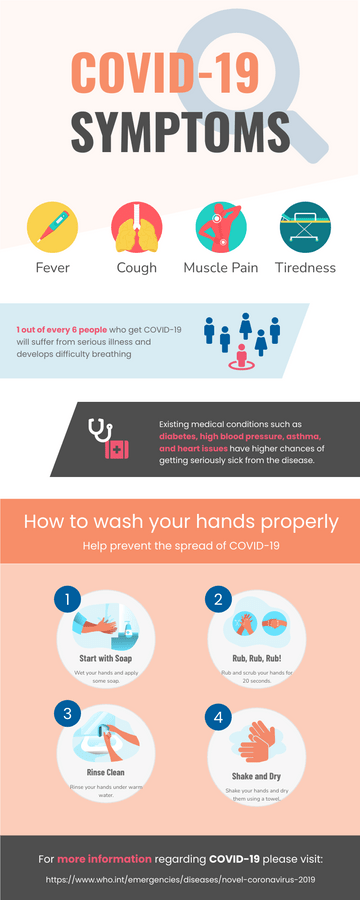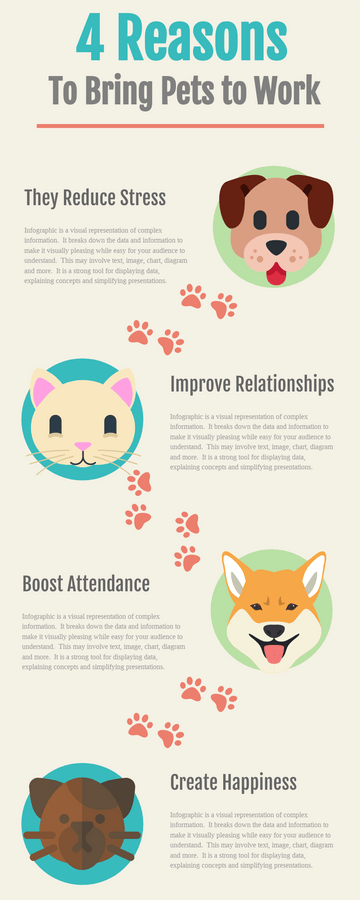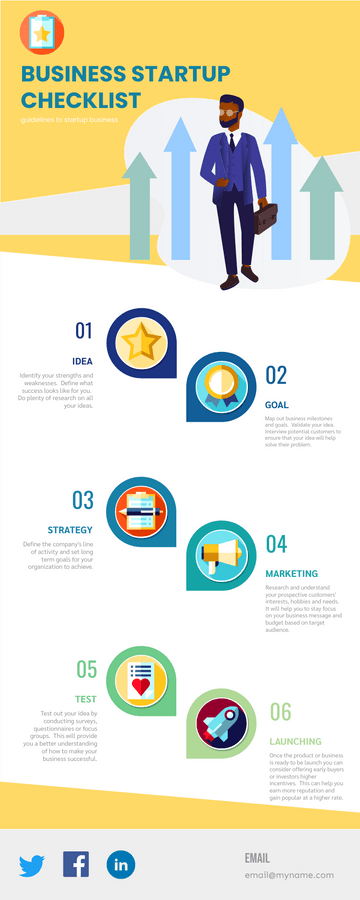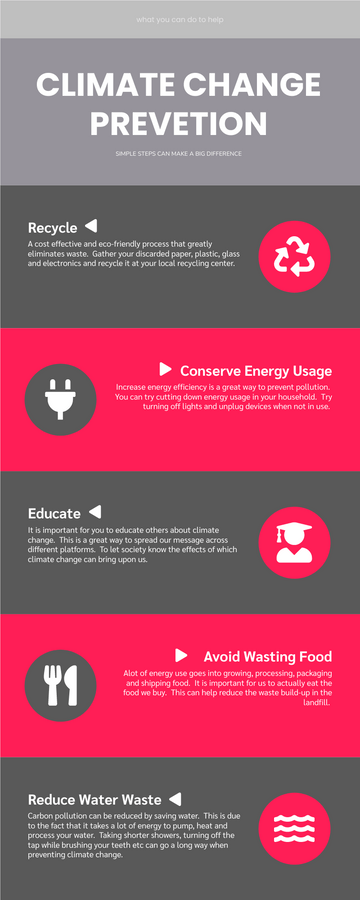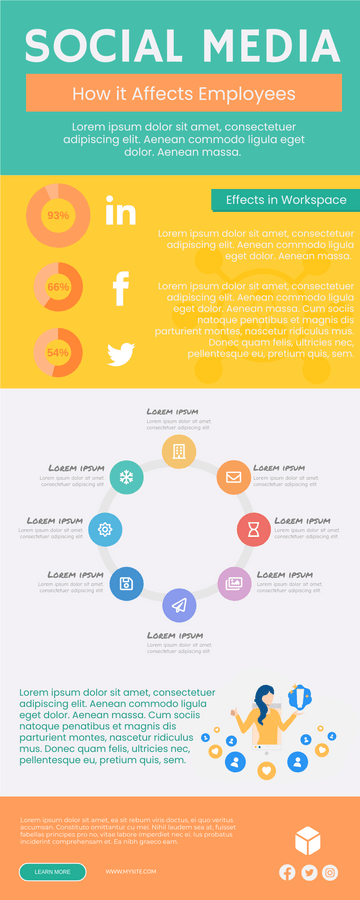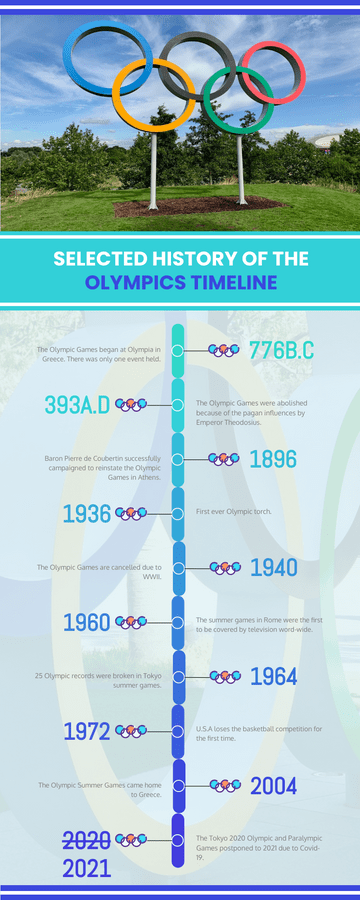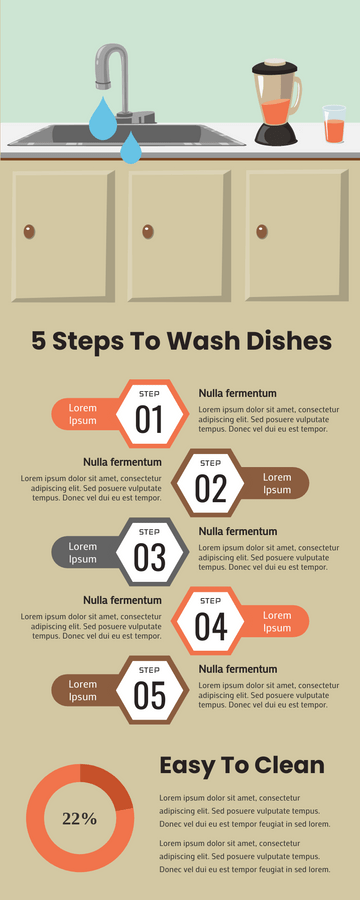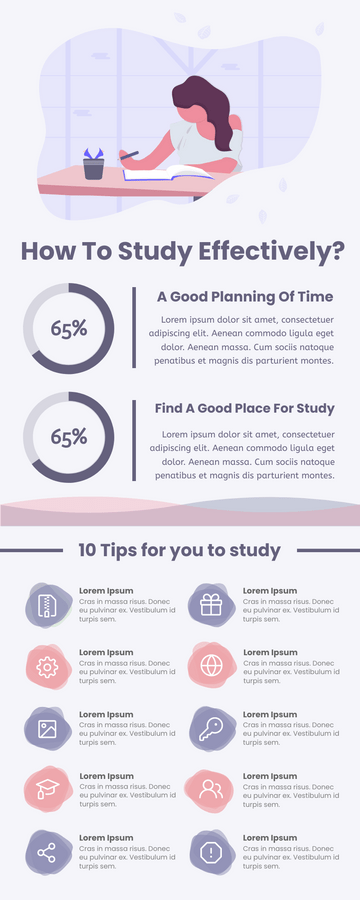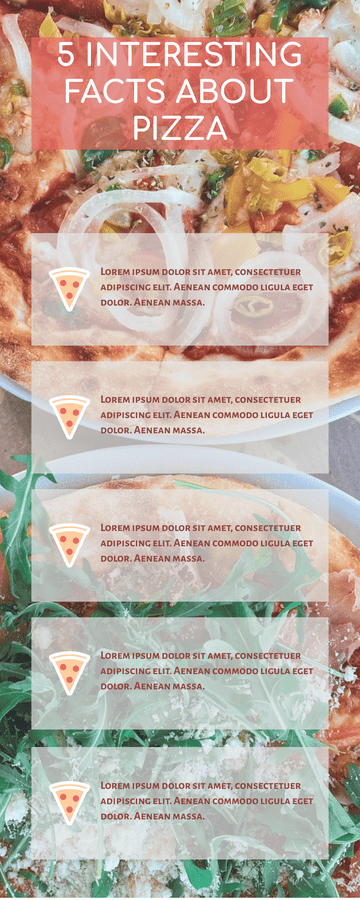Infographic for the Tips of Study
Many people think that learning for a long time is the only way to be a top student. But research indicate that highly successful students simply spend less time learning than their peers; they only study more effectively.
How much time do you spend reviewing the content you've studied in class? Do you prepare every week, or do you wait for the day before a major exam, like most students, to cram it all into your head?
Here are few tips to help you learn how to use your time more wisely by sharing research-proven approaches.
Highly Intensity of Study with Less Time - Excellent students work in a high-intensity environment, but the time is relatively short. They are not interfered by e-mail, social media, etc., so they only need a relatively short time to learn faster and do more. They can control themselves from interference.
See If you can be a Visual Learner - By color-coding your notes, you can create color associations in your brain. You can better remember these associations by using color to associate important ideas, historical records, meanings, and personal achievements.
Shape notes into Outline like a table of contents - By indenting organizational information, you can create visual represents of how information is nested within it. You can apply it to your your class notes. This visual segmentation helps to understand the relationship between more general concepts and specific concepts.
Mind maps appeal to your senses with their visual elements - images, tree branch colors, and curved branches all add emphasis, so that your brain actively builds connections between ideas, increases connections, organizes ideas, and produces more creative ideas.
Change Study Environments Can Gain Better Focus - Recent studies have shown that by regularly changing the place of study, you can focus better, which helps your brain establish different connections with the learning materials.
